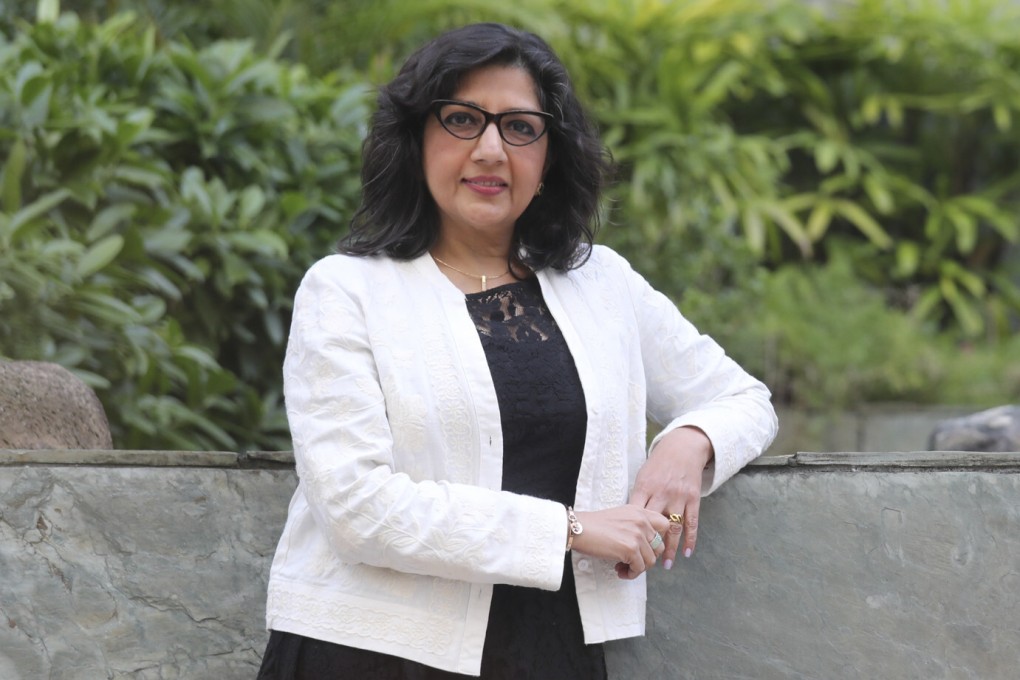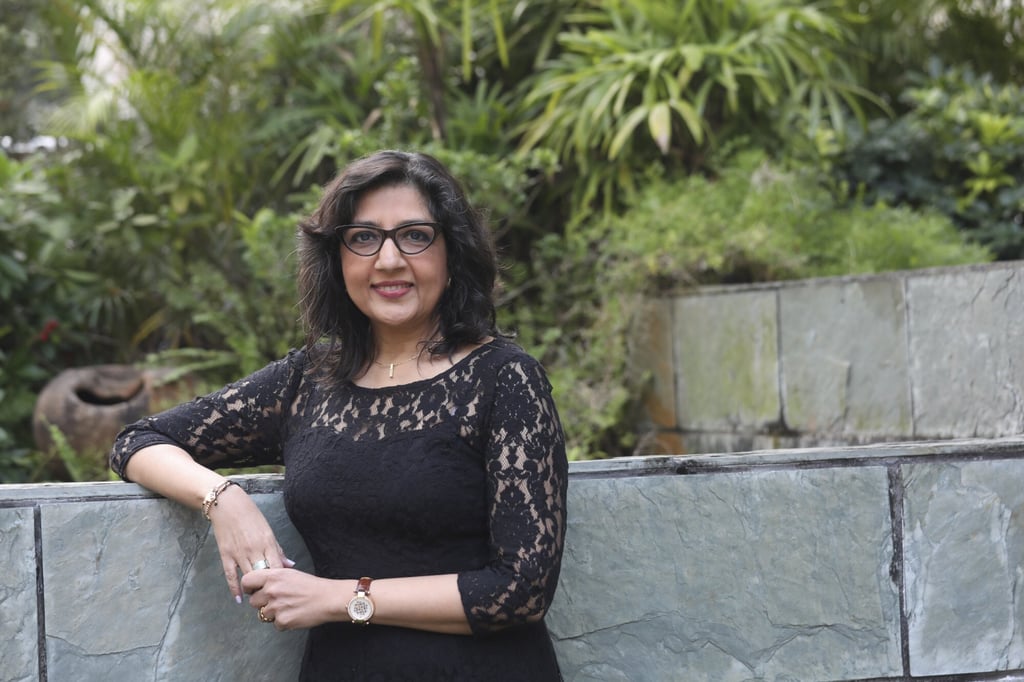Advertisement
Why low self-esteem affects so many people, how the coronavirus pandemic made it worse, and three ways to raise yours – expert tips
- Feelings of not being ‘good enough’ often spring from childhood and trigger coping mechanisms – including substance abuse – later in life
- Hong Kong author Shobha Nihalani discovered her own issues while researching a book and says self-esteem is like a muscle: it needs to be strengthened every day
Reading Time:4 minutes
Why you can trust SCMP

Low self-esteem impacts many of us – one study found 85 per cent of the world’s population suffers from some kind of diminished self-esteem – but few of us recognise it, let alone talk about it.
Shobha Nihalani was a year into researching and writing a book on self-esteem before she realised it was something that affected her personally.
“I knew I had low self-confidence, I have an inner critic, but I never tied it to the premise of a self-esteem issue,” says Nihalani.
Advertisement
She published her first book in her 40s and became a prolific writer, but even when she had six books under her belt, she didn’t feel she was “good enough”. Focusing only on the negative reviews and not the positive ones, she kept seeking external validation. It wasn’t until her eighth book that she began to really see herself as a writer.

Reboot, Reflect, Revive: Self-esteem in a Selfie World, released last year, is her 11th book.
Advertisement
Advertisement
Select Voice
Choose your listening speed
Get through articles 2x faster
1.25x
250 WPM
Slow
Average
Fast
1.25x